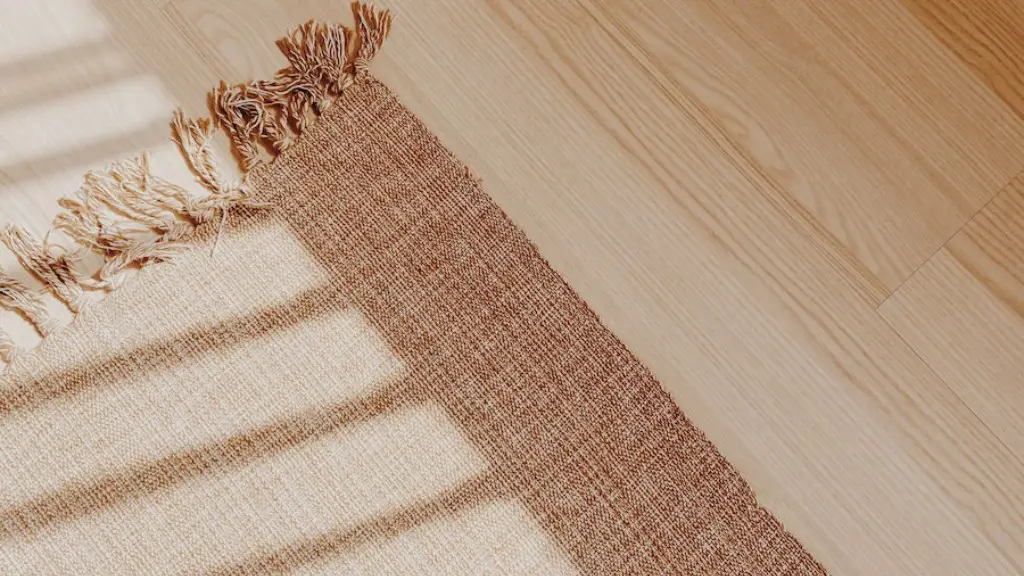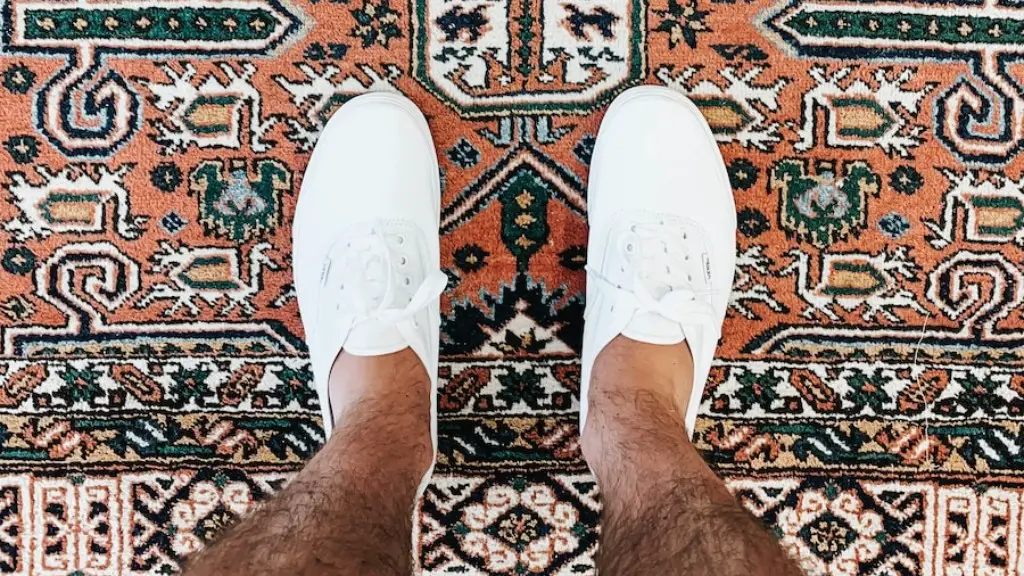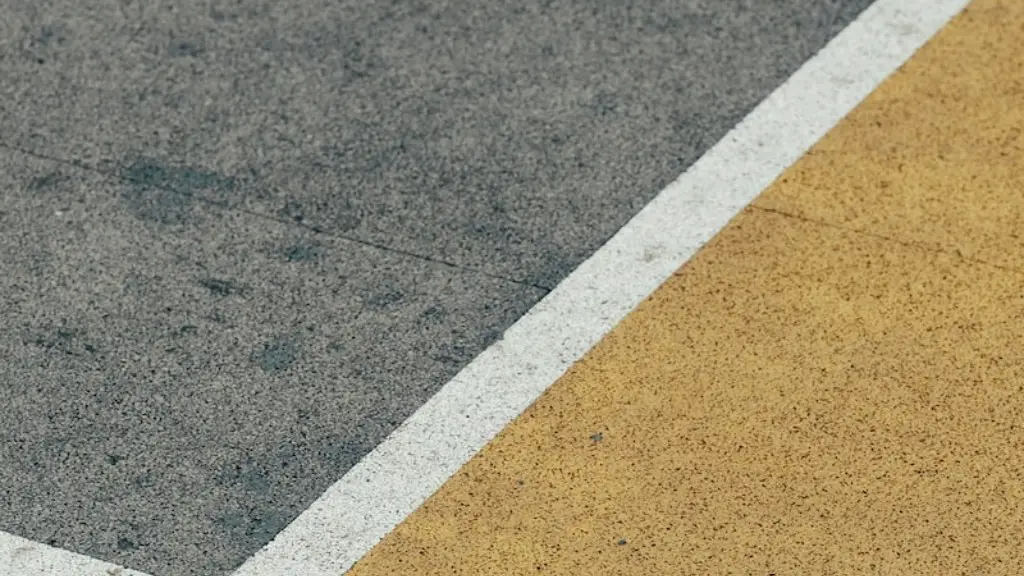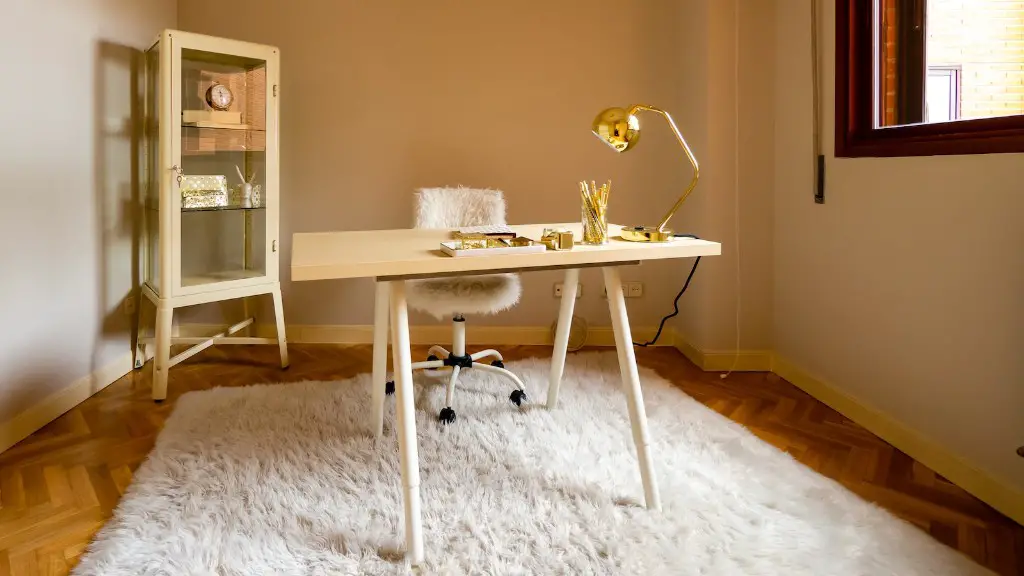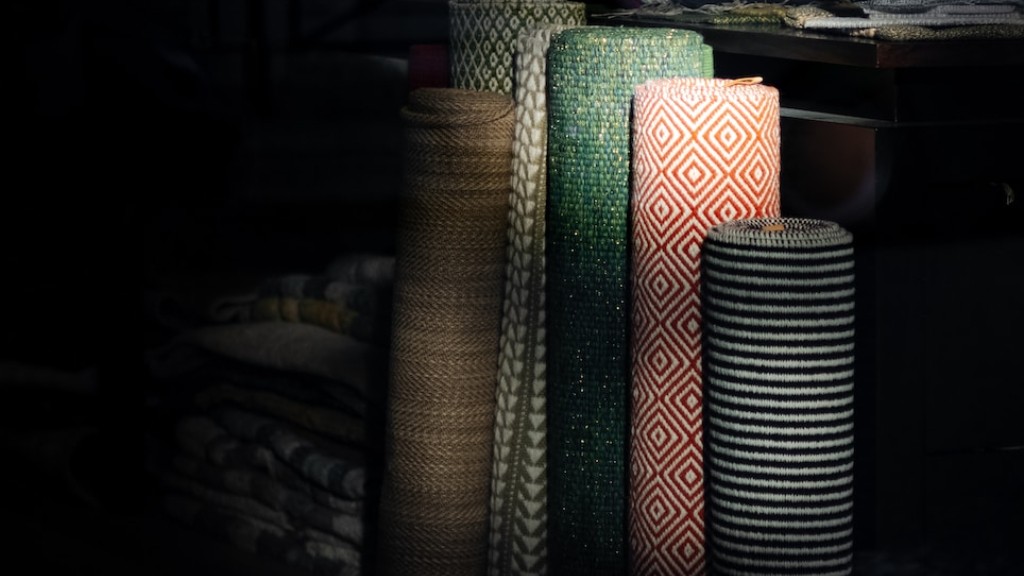There are a few methods that can effectively remove carpet glue from hardwood floors. One popular method is to use a floor stripper with a putty knife. Simply apply the stripper to the glued area and let it sit for the recommended amount of time. Then, use the putty knife to scrape away the softened glue. For stubborn areas, you may need to repeat this process.
There are a few options for removing carpet glue from hardwood floors. One is to use a putty knife or utility knife to scrape off the glue. Another is to use a chemical stripper that is specifically made for removing glued-down carpet.
What will dissolve carpet glue?
You can easily remove glue from surfaces using a mixture of boiling water and washing-up liquid. Simply pour the mixture over the area that needs to be cleaned and leave it to soak for a few minutes. Then use a scouring sponge to scrub away the residue. Finally, make sure to dry the surface properly.
Carpet adhesive can be difficult to remove, especially from unfinished wood. However, there are a few methods that can help to break down and remove the adhesive. Start by using a putty knife to break up and remove as much of the adhesive as possible. If the adhesive is stubborn, try heating it with a hair dryer to soften it. You can also apply lemon juice or vinegar to the adhesive to help break it down. For tougher adhesive, try using acetone or mineral spirits. If all else fails, you can sand the wood to remove the adhesive.
How do you remove dried glue from hardwood floors
White vinegar and vegetable oil are both effective at removing glue from wood. Simply soak a paper towel in either substance and press it onto the glue before leaving it for five minutes. You should then be able to peel the glue off. Eucalyptus oil, lemon oil, and petroleum jelly are all particularly good at removing glue from wood.
It’s important to have the right tools for the job when you’re removing carpet from your hardwood floors. A vacuum, broom, and sponge mop will help you clean up all the debris. And, safety gear like goggles or glasses and gloves can prevent you from hurting yourself.
How do you remove hardened carpet glue?
Ammonia is a great way to remove glue from surfaces. Simply mix ammonia with warm water and dab a clean cloth into the mixture. The glue should soften and transfer onto the cloth. Repeat as necessary.
Carpet glue is one powerful adhesive and removing carpet glue can be tough. However, Goo Gone can make the job easier. Just apply Goo Gone to the affected area and let it sit for a few minutes before wiping it away.
Will vinegar remove glue from wood?
To dissolve glue, soak a cotton bud or rag in a solvent such as acetone nail polish remover or vinegar diluted in water. Note that acetone is only suitable for unfinished, untreated wood, while vinegar is a softer alternative, less likely to cause damage.
If you have dried glue on your carpet, the best way to remove it is with a dry towel. You can also use warm water to soften the glue. Then you can use distilled white vinegar, dish soap, or WD-40 to remove the entire stain.
Does rubbing alcohol remove glue from wood
Rubbing alcohol is a great way to remove adhesive residue from stickers. Simply soak a cotton ball with alcohol and rub in a circular motion until the stain is gone.
Goo Gone should not be used on silk or leather as it may cause damage.
Does Goo Gone damage hardwood?
Goo Gone Original is a safe, versatile cleaner that can be used on a variety of surfaces. It’s perfect for cleaning upholstery, clothing, hard surfaces, and even carpet.
If you are using acetone to remove paint or finish from wood, be aware that any damage caused by the remover is likely not severe. The acetone will strip the wood finish, and bleach the wood if the finish was thin (or non-existent). Acetone also tends to raise and roughen wood.
Will baking soda and vinegar damage hardwood floors
If you’re looking to clean your wood floors, avoid using vinegar or baking soda. These ingredients can actually damage and dull the polyurethane, making your floors look worse in the long run. Instead, opt for a cleaner specifically designed for wood floors.
When it comes to cleaning hardwood floors, it’s best to avoid using straight ammonia, alkaline products or abrasive cleaners. These can dull or scratch the finish of your floors. Instead, focus on using gentle cleaners that won’t damage the floor.
Does hydrogen peroxide remove stains on hardwood floors?
Hydrogen peroxide is a great solvent for cleaning hardwood floors. It is also effective in removing stains. However, it is important to use it properly to avoid damaging the floor.
If you have glue residue that you can’t seem to get rid of, don’t despair! There are a few household liquids that can help break down the glue and make it much easier to remove. Simply soak a cotton ball or pad in rubbing alcohol, acetone, or vinegar and apply it to the residue. Leave it soaked for a few minutes, then try scraping it off with a blunt object. If the glue still proves too stubborn, try heating it up with a hair dryer. With a little patience, you should be able to remove the residue and get your surface looking as good as new!
Does vinegar remove floor glue
This is a simple and effective way to clean up glue stains using vinegar and water. The vinegar will break down the glue and the water will help to rinse it away. Simply mix together ¼ cup of vinegar and four cups of water in a spray bottle and douse the glue stains with the mix. Let it sit for a few minutes before wiping away with a damp cloth.
If you need to remove hardened glue from plastic, white vinegar can help. Soak the area with vinegar, then use a credit card, spatula, or similar edge to work the glue away.
Conclusion
There are a few ways to remove carpet glue from hardwood floors. One way is to use a putty knife or a razor blade to scrape off the glue. Another way is to use a chemical stripper that is designed to remove adhesives.
There are several ways to remove carpet glue from hardwood floors, including using a putty knife or a floor scraper, sanding the floor, or using a chemical stripper. The best method will vary depending on the type of glue and the condition of the floor.
